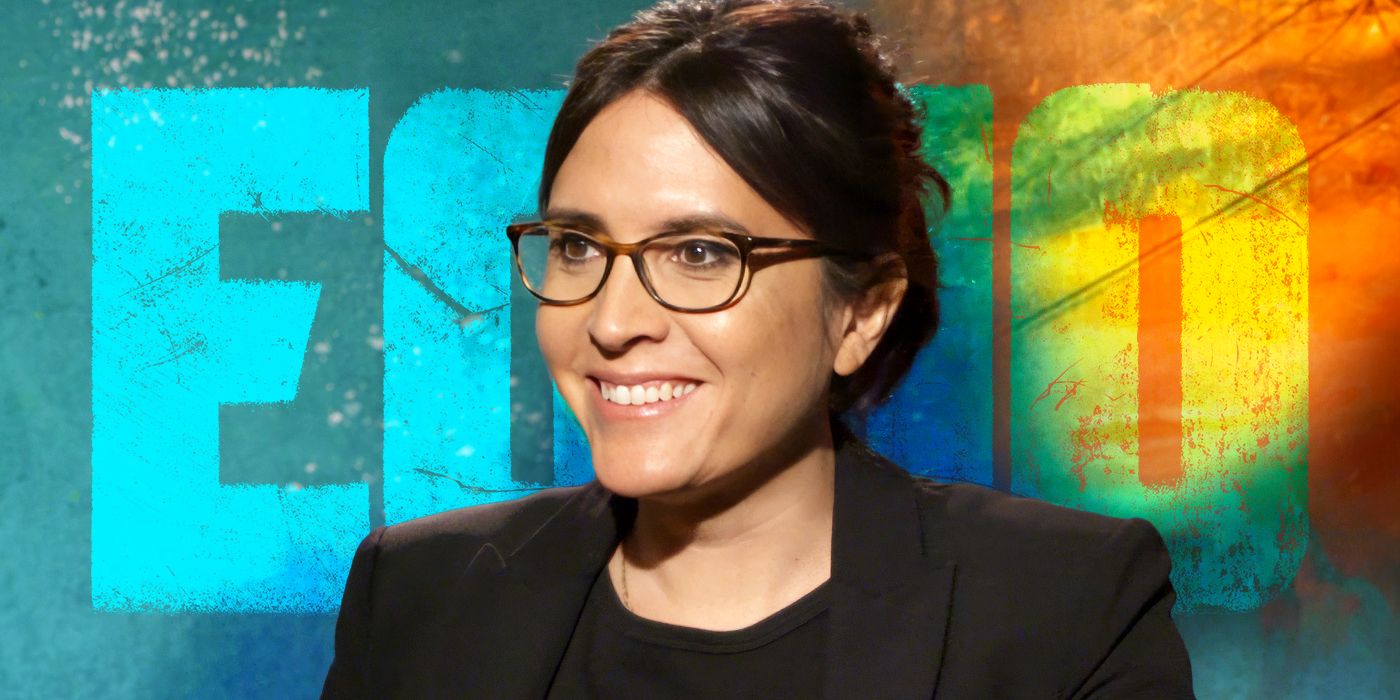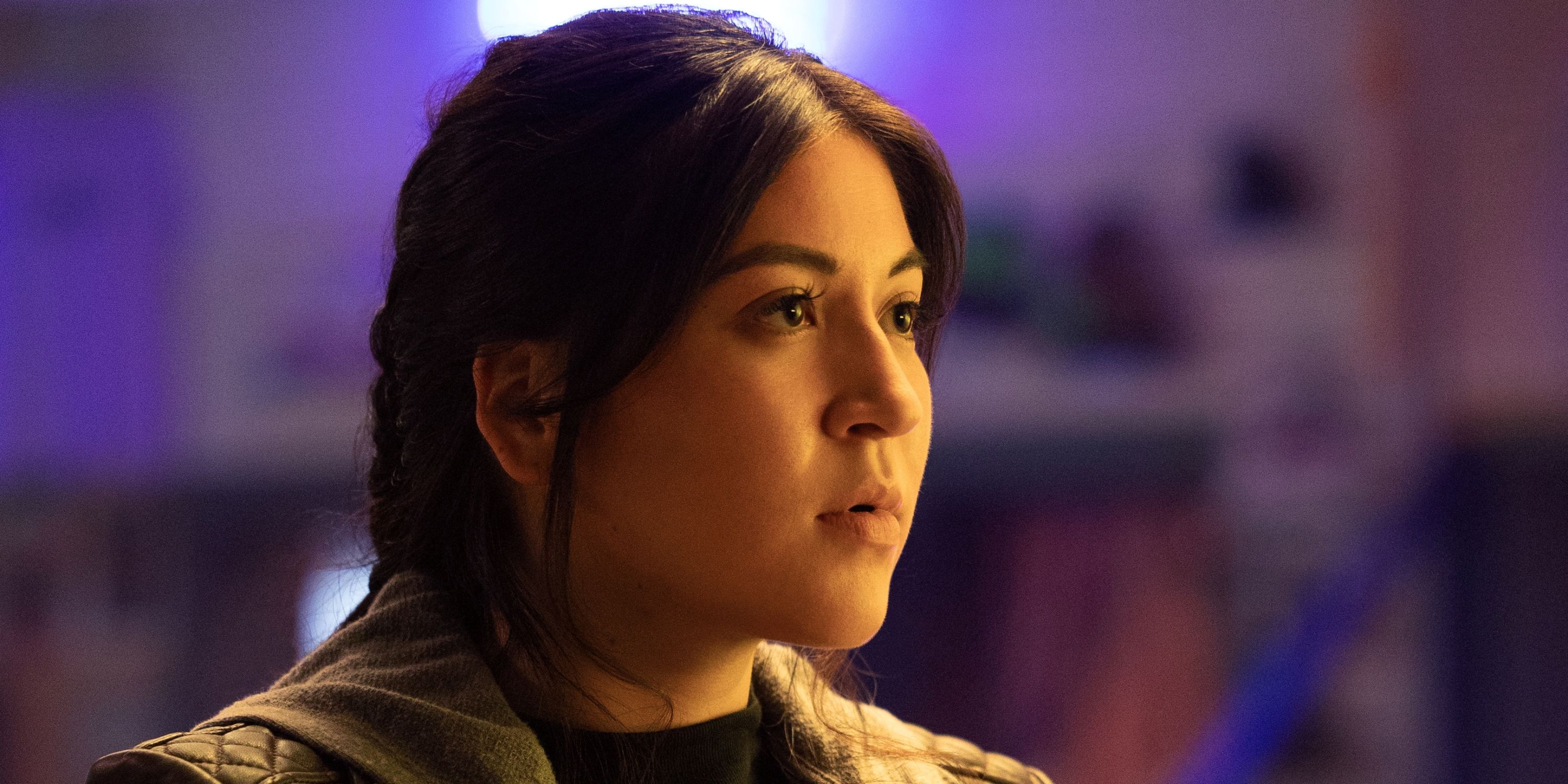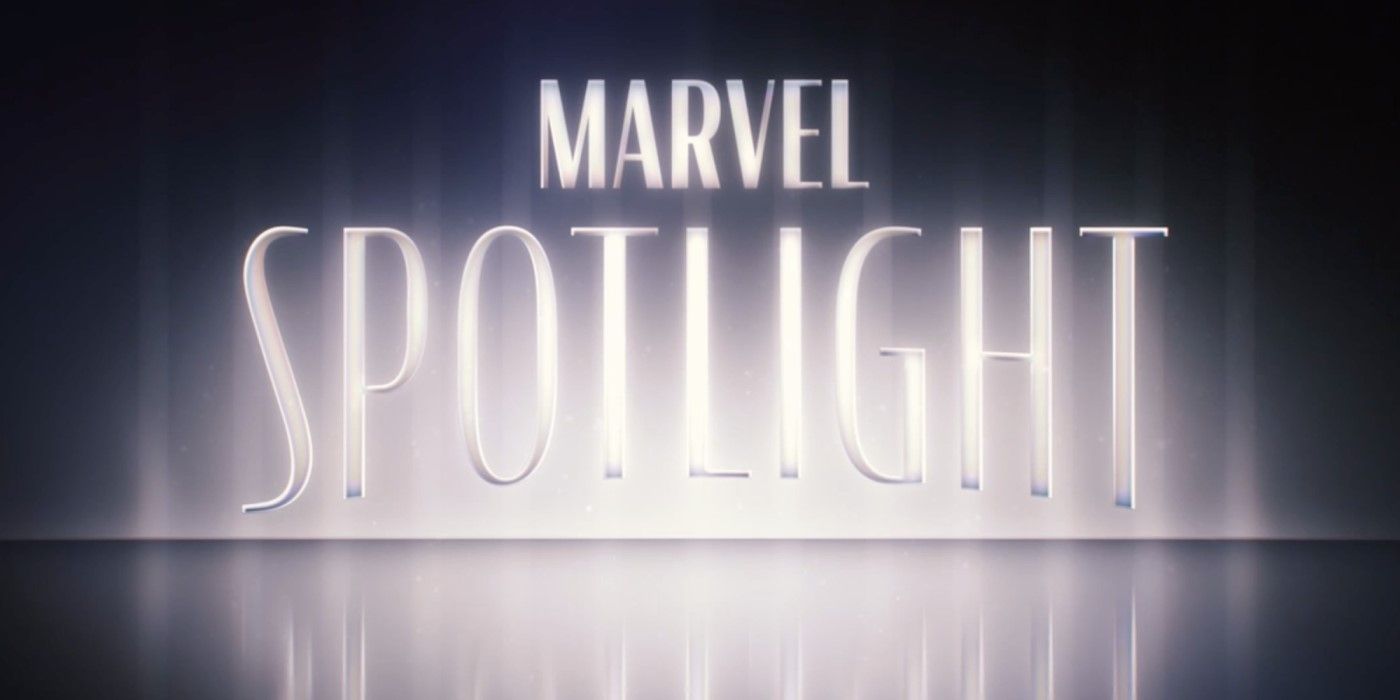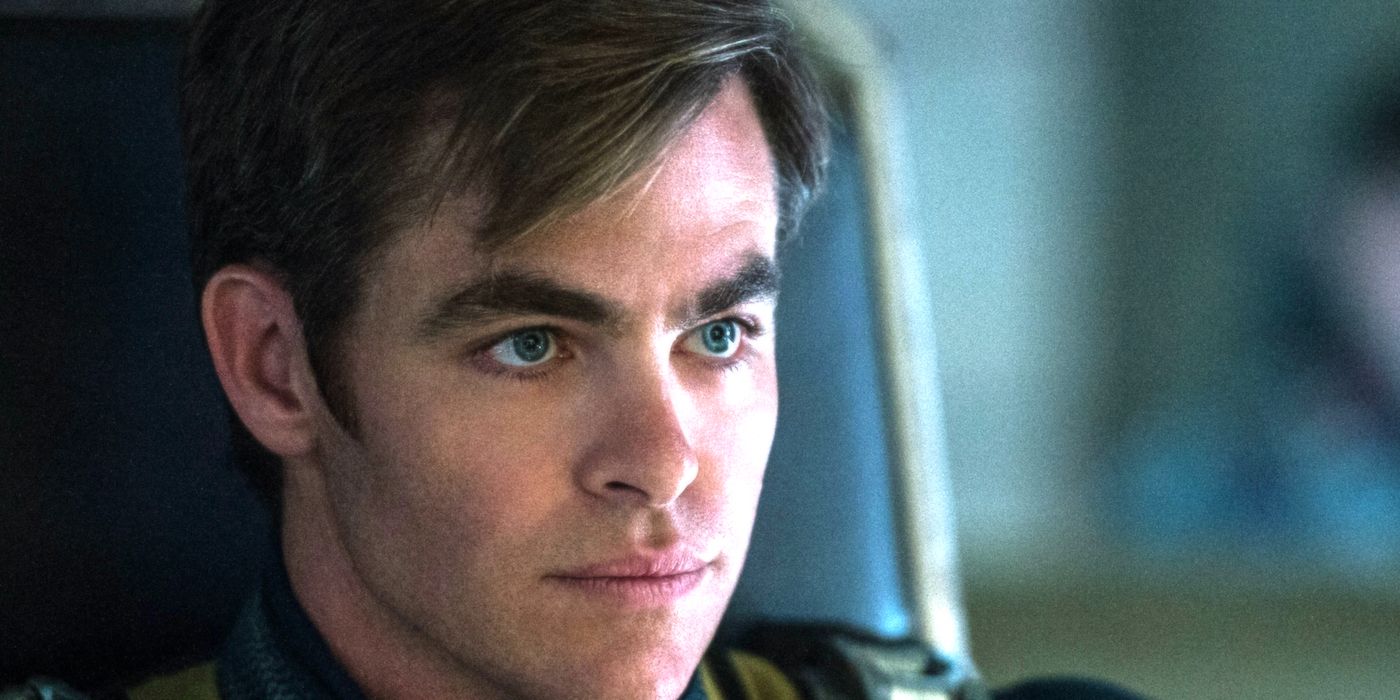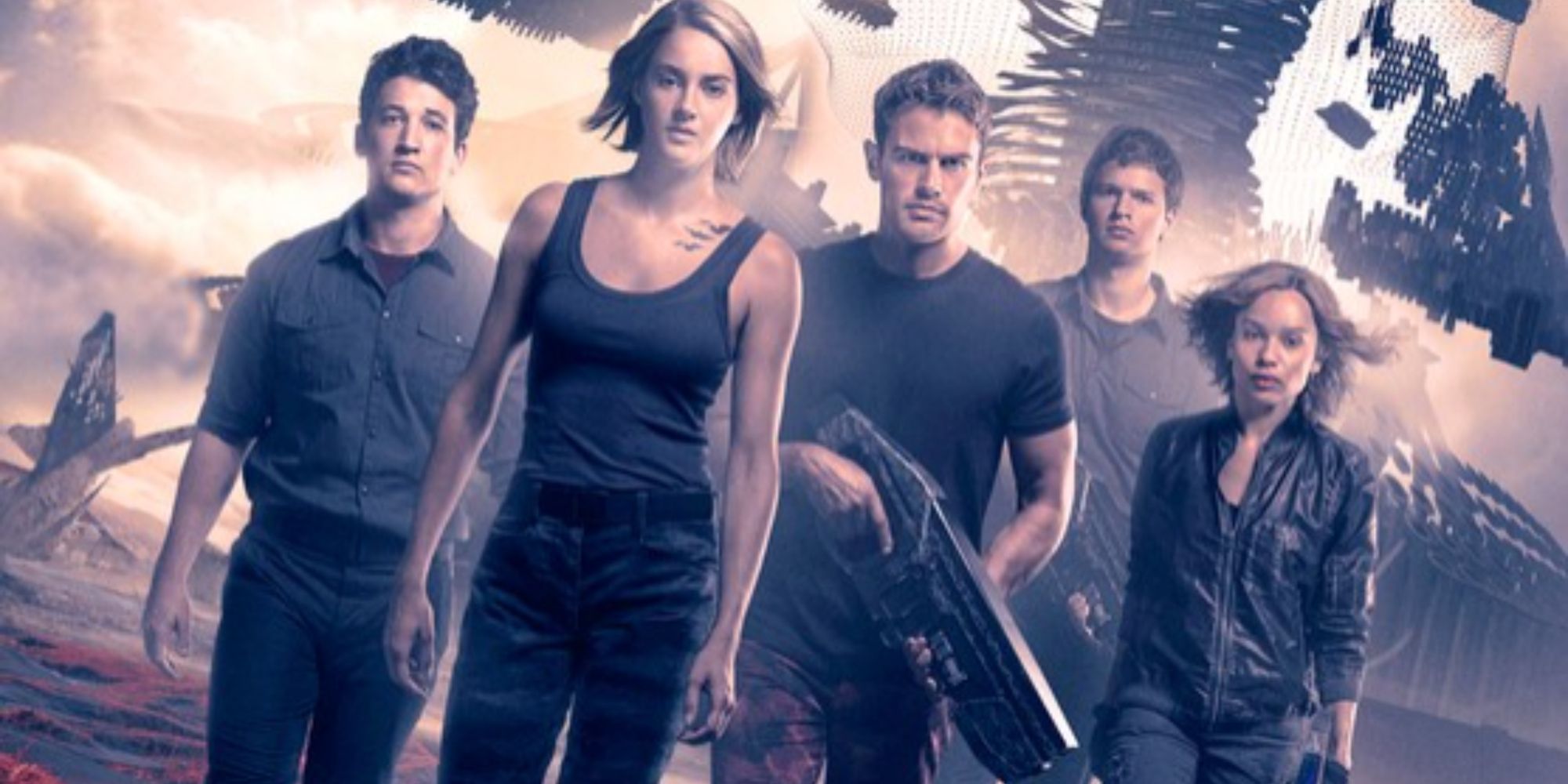The Big Picture
- Marvel’s Echo marks multiple milestones for the company, including being the first show under the new Marvel Spotlight banner and featuring the MCU’s first deaf and Native American lead.
- The show explores Maya Lopez’s journey from being a top-ranking lieutenant in Kingpin’s army to returning home to her Choctaw family in Oklahoma and processing her trauma.
- Echo is a violent and gritty series that takes a grounded and street-level approach, fully utilizing the TV-MA rating and the Spotlight banner to tell the story of this new antihero.
Editor’s Note: The following interview contains minor spoilers for ‘Echo.’
Marvel Studios’ Echo marks the first of many milestones for the company. Not only is the show the first under the brand-new Marvel Spotlight banner (more on that later), it also stars Alaqua Cox as Maya Lopez, the MCU’s first deaf and Native American lead, as well as the first series to launch simultaneously on Disney+ and Hulu with a TV-MA rating.
First introduced in the Disney+ series Hawkeye, starring Hailee Steinfeld and Jeremy Renner, Lopez is the adoptive daughter and under the tutelage of New York crime lord, Wilson Fisk, i.e. Kingpin (Vincent D’Onofrio). Having been undeniably villain-coded at the end of Hawkeye, Echo explores the teenager’s journey from “a top-ranking lieutenant in Kingpin’s army” to returning home to Oklahoma and her Choctaw family, and processing the trauma since her father’s death. If you’re looking for a violent, gritty, and brief respite from the Multiverse, Echo is it. The show also stars Charlie Cox, Zahn McClarnon, Devery Jacobs, and more.
During a conversation with Collider’s Steve Weintraub, director Sydney Freeland addresses Disney+’s first TV-MA rating, why it’s necessary for Maya’s narrative, and how they fully utilized both the rating and the Spotlight banner to tell a grounded, street-level arc for this new antihero. Check out the full interview in the video above, or the transcript below, to find out why Echo changed in a massive way from beginning to end in the edit bay, the challenges of filming ASL scenes, and more, and be sure to watch our interview with executive producer Richie Palmer at the end for more on Marvel’s Spotlight series and the future of the banner.
Echo
Maya Lopez must face her past, reconnect with her Native American roots and embrace the meaning of family and community if she ever hopes to move forward.
- Release Date
- January 9, 2024
- Main Genre
- Drama
- Seasons
- 1
- Studio
- Marvel Studios
COLLIDER: So one of the things that really surprised me about the show is this is more violent than I expected so it’s more like Netflix than Disney+, which I’m all in on. Can you talk about how it’s a more mature version of a Marvel show?
SYDNEY FREELAND: I think that’s a great question. I think everything sort of stemmed first and foremost from the story. We knew we wanted to tell a story about Maya Lopez. It was always going to be a little more grounded, a little more on the gritty side, a little more street level. But to me, the most interesting aspect about the character is that in Hawkeye, she is a villain, and in the conversations with Marvel early on the response was like, “Let’s lean into that. Let’s see if we can push the envelope. Let’s see how far down that rabbit hole we can go and take that character.” And, I think for me, one of the most fascinating things to ask myself was, “How does a deaf indigenous girl from Oklahoma become a top-ranking lieutenant in Kingpin’s army?” And so, that as a jumping off point sort of lent itself to the tone, which, because we’re telling something that’s a little more intimate and because there are real-world consequences, that means that people die, people get killed, people bleed, bones break — spoilers for Echo, but bones get broken. And so, all of that sort of came about naturally. We didn’t necessarily have a conversation of, like, “Oh, do we wanna do Netflix or Disney+?” It was just, I would say it was Marvel giving us the creative freedom to try to tell the best story possible.
I’m fascinated by the editing process because it’s where it all comes together, so how did Echo change in the editing room in ways that you guys did not expect?
FREELAND: I will say Marvel is positively fearless when it comes to storytelling, and that applies to the edit process. I’ve been able to work on TV shows, and there are shows I’ve worked on [where] you shoot what’s on the page and you do not deviate from that. And so in this case, we shot our episodes and we put the episodes together, and then my collaborators and the Marvel executives and everything, we got in and we proceeded to sort of just try stuff and blow stuff up, and really explore different story permutations. So, how much did it change? It changed quite a bit.
Did you end up with a lot of deleted scenes? Did things really radically change? I like learning about, “It was originally going to be this but now it’s this.”
FREELAND: Yes, things changed. And they always do. It’s interesting, every project that I’ve been able to both write, direct, and edit on, you go through this interesting sort of evolution, like the expression, “You get three rewrites — it’s a script, it’s the production, and it’s post.” And so with this, we had the scripts, and I was like, “Oh, this is the story. There’s no fat on these things. This is going to be one-to-one.” Then you get in, you shoot it, and things change. You’re open to inspiration that comes about on the day, and then you make little tweaks and adjustments, and in some cases, massive adjustments.
Again, just shooting at the time of COVID, there were circumstances where we had to rewrite on the fly, and then in the edit, as well, too. Then it was looking at it like, “Hey, what tells the best possible story?” We would just pull out threads here, pull threads there, try rearranging stuff, and everything just sort of came about organically. But it was a massive difference from the beginning to the end.
So, no spoilers, but when I was watching the first three episodes, Episode 3 ends with Kingpin, and Kingpin has an eye patch. I think I noticed, possibly, some tech underneath the bandage, but you don’t really see it. Is there anything you want to tease about any sort of tech?
FREELAND: I will say, any tech in our show is in line with our theme and our tone, which is grounded, street-level, lo-fi.
Got it.
What is Marvel’s Spotlight Banner?
One of the things that’s really cool is, this is under the Spotlight umbrella, which is awesome. Can you talk about what that means for people that don’t know, and maybe what you’re excited, as a fan, for what Marvel will be able to do?
FREELAND: I think there’s a tremendous amount of freedom that comes with the Spotlight banner. The Spotlight means you don’t have to have seen 23 other MCU films or have seen, like, six other series before this. We want specifically to invite people in who don’t have that familiarity, and hopefully they can come in and watch our show and our series and just jump right in from the beginning. But on the same token, viewers who are familiar with the MCU will, in multiple episodes, see characters that they recognize from other films and series, as well, too. So, hopefully, it’s the best of both worlds.
With streaming you really don’t have a mandate for runtime, so I’m just curious, was everyone like, “We want the episodes to be about 40 minutes?” How did you guys decide, ultimately, how long the episodes would be?
FREELAND: Again, it’s so interesting because it was a very organic process. What is a network hour-long [slot]? Let’s say 42 minutes. It wasn’t our intent, but our runtimes for our episodes ended up being around that. So, I wish I could say it was intentional, but it was sort of a happy accident.
Filming ASL Scenes for ‘Echo’
You see the shooting schedule, what is the thing you have circled in terms of, “I cannot wait to film this,” or, “Oh my god, how are we gonna film this?”
FREELAND: Oh, wow. It’s interesting because I would say the thing that I was both excited and terrified to shoot was the ASL, because going into the process, you ask yourself the question, like, “How can we sustain a 3/4/5/6-minute conversation between a character or multiple characters who don’t speak?” And so that was a big question for myself going in. And then with my cinematographer, we’re figuring out, “How do we do this? Can we even do this?” And the answer is yes. And I’ll say, one of, if not my favorite scenes in the entire series, without spoiling it, is a scene between two characters where not a single word is spoken for multiple minutes, and it brings me to tears every time I see it.
‘Echo’ EP Says the Marvel Spotlight Series Doesn’t Pull Its Punches
For more on the latest Marvel Cinematic Universe series, check out Collider’s interview with Echo executive producer Richie Palmer in the video above. Working from a PA for Kevin Feige to a producer on Doctor Strange in the Multiverse of Madness, to an executive producer on Echo resulted in well-earned insight into the business.
In this conversation with Steve Weintraub, Palmer shares with us the surprising facets of production throughout each phase, how no day on the job is ever the same, and why they couldn’t hold back on the violence with Marvel’s first-ever TV-MA show. Palmer also shares his insight on the new Marvel Spotlight series. Inspired by the ‘70s Marvel Spotlight comic run that introduced readers to new, iconic characters, Palmer discusses how Marvel’s new banner hopes to do more of the same with “unexpected additions” to the MCU.
All five episodes of Echo will be available to stream on Disney+ and Hulu beginning January 9.

